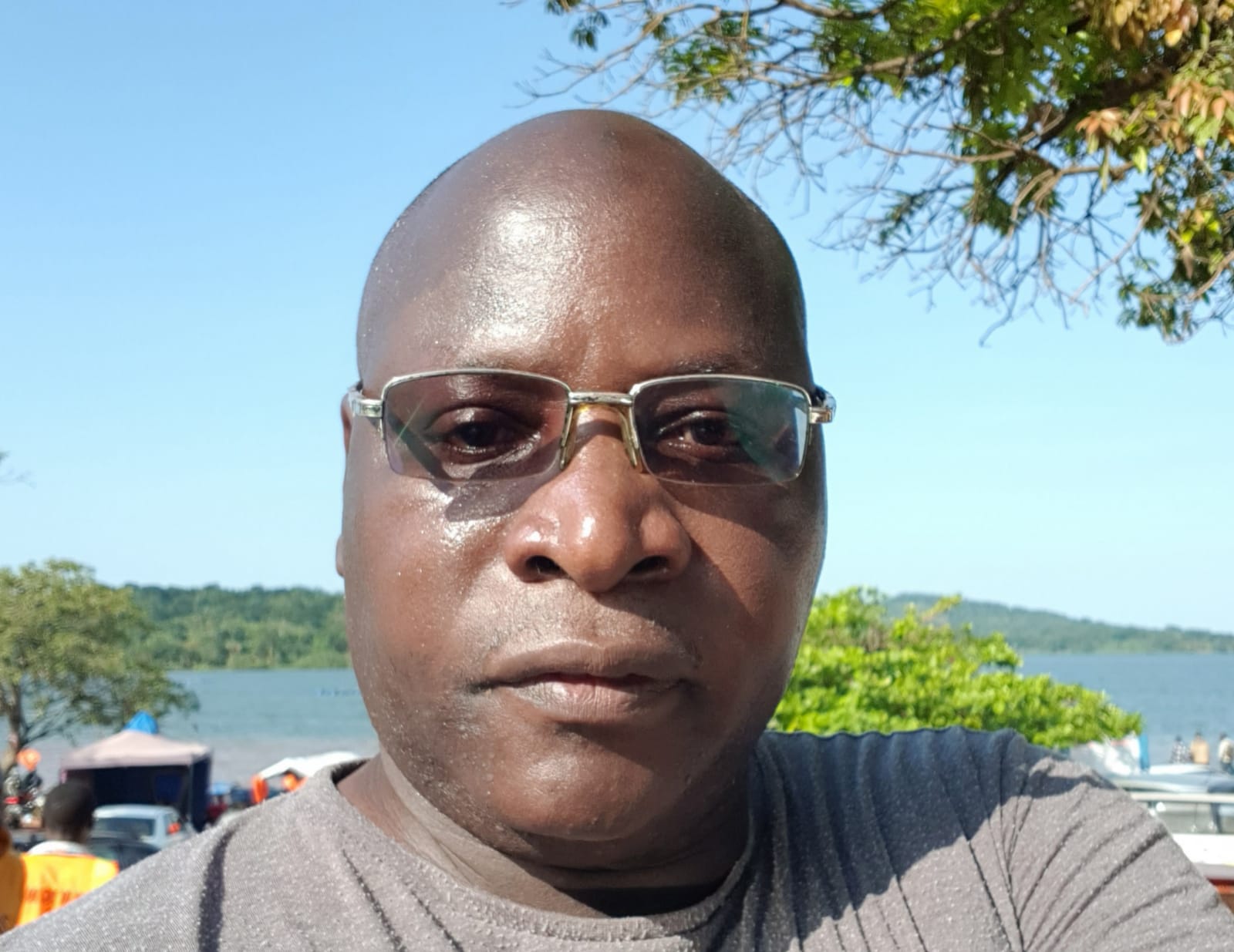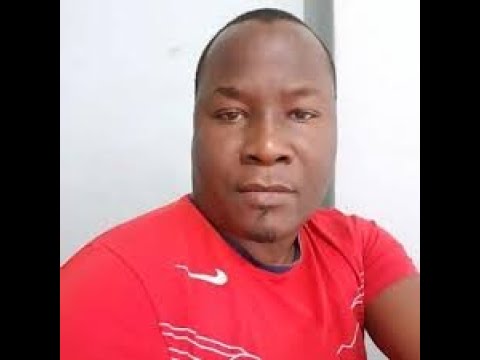By Stephen Lwetutte
LONDON-UNITED KINGDOM/NEWSDAY: It must have at last dawned on President Museveni that, in today’s digitally connected global village, battles and wars are won and lost not in jungles and plains of the infamous Luweero Triangle using assault Kalashnikovs like he boasts to have done for the past 50 years. His image, authority and influence have taken a few hard knocks in recent years on account of a few opposition bloggers and social media activists. All early attempts at neutralising them by hiring pro-regime bloggers and posters through a multiplicity of aliases have either failed or have been blocked by Facebook on charges of “co-ordinated inauthentic behaviour”, according to the technology giant. As a result, the Uganda opposition has enjoyed free rein and complete cyberspace superiority without any substantive, articulate or meaningful pro-government challengers.
After years of disparagingly referring to the pro-democracy social media activists that spearheaded the Arab Spring and the colour revolutions of Eastern Europe, President Museveni appears to have swallowed both his words and pride and conceded that social media was such a force and threat to be reckoned with that he publicly ordered the security agencies to deal with it as a matter of priority. Evidently, his attention has had to shift from his pet subject of violent conventional warfare to try to adapt to the changed world of peaceful cyber warfare where the rules of engagement are qualitatively different, premised on a democratic dispensation, freedom, rule of law and human rights. He is schooled in none of that and is terribly ill-suited and ill-equipped to play his self-styled “Ssabalwaanyi” (Luganda for warrior of warriors).
Although he mentioned no names of bloggers to target, President Museveni, during the swearing-in of a subsequent batch of his ministers on 8 July 2021, ordered for the arrest of social media activists responsible for disseminating rife rumours about his demise. True to form, he seems to believe that he can deploy old methods to the new reality – how does one expect to elicit an effective outcome by reacting with coercive force (guns and brutality) to what is essentially an intellectual and media matter (voice, video and pen)? Incidentally, President Museveni has used that brutal method throughout his 35-year tyranny, yet he finds himself at the end of his tenure being none the better. As we speak, a number of people are reported to have been arrested on President Museveni’s orders.
Many of the most prolific, fierce and pernicious anti-regime bloggers and social media activists are based in foreign jurisdictions well beyond the reach of Mr Museveni’s orders and security operatives. Along with the brave and fearless activists in Uganda, they have publicly stated that they will not be deterred by Mr Museveni’s threats and have vowed to continue with their peaceful social media activities regardless.
Among them is Turkey-based anti-government blogger Fred Lumbuye who commands a huge following and viewership, and has lately taken the cyber waves by storm. His characteristically acerbic live shows seem to whip up anti-government mood and sentiments across a section of the public who religiously listen to him. Mr Lumbuye regularly claims to be privy to sensational highly classified intelligence from within the Ugandan establishment via his “drones”, and on a few occasions, his information has happened with astonishing accuracy.
It is a public secret that Mr Lumbuye has for a while now been on the Uganda security services radar, and has reportedly been the target of death and other threats. With the force of President Museveni’s order, Mr Lumbuye and others are now in sharp focus, with the mainstream media awash with news that extradition arrangements against him are afoot to have him returned to Uganda. The procedures are so onerous and the legal practicalities and hurdles so many for Kampala and Turkey to surmount before Mr Lumbuye’s reported extradition request can ever come to anything, notwithstanding the judicial cooperation agreement between the two countries in place, which is nevertheless trumped by Turkey’s local law and its international treaty obligations. Similar considerations will definitely apply to bloggers in other jurisdictions, and this realization and helplessness might explain why Mr Museveni was prompted to curse and send “them to hell”.
After years of feigning indifference, Mr Museveni must now contend with not just the same Arab Spring might and ferocity of social media that he previously seemed to underestimate, but also with the restive public and indefatigable youth demanding their freedom and democracy. President Museveni should by now have figured out that, after 35 years of trying, no amount of intimidation, threats or regime brutality is able to subdue legitimate popular demands for good governance, democracy and accountability. The Arab Spring, it transpires, is after all much closer than President Museveni at first thought, going by his frantic, disproportionate and totally irrational reaction to the rumours of his death. The regime is put on notice that its crude and backward oppression has long gone out of fashion. It is high time it changed tack.
The writer is a Multilingual Human Rights Practitioner, formerly at the International Secretariat of Amnesty International in London for over 20 years and now Legal and Human Rights Consultant.



